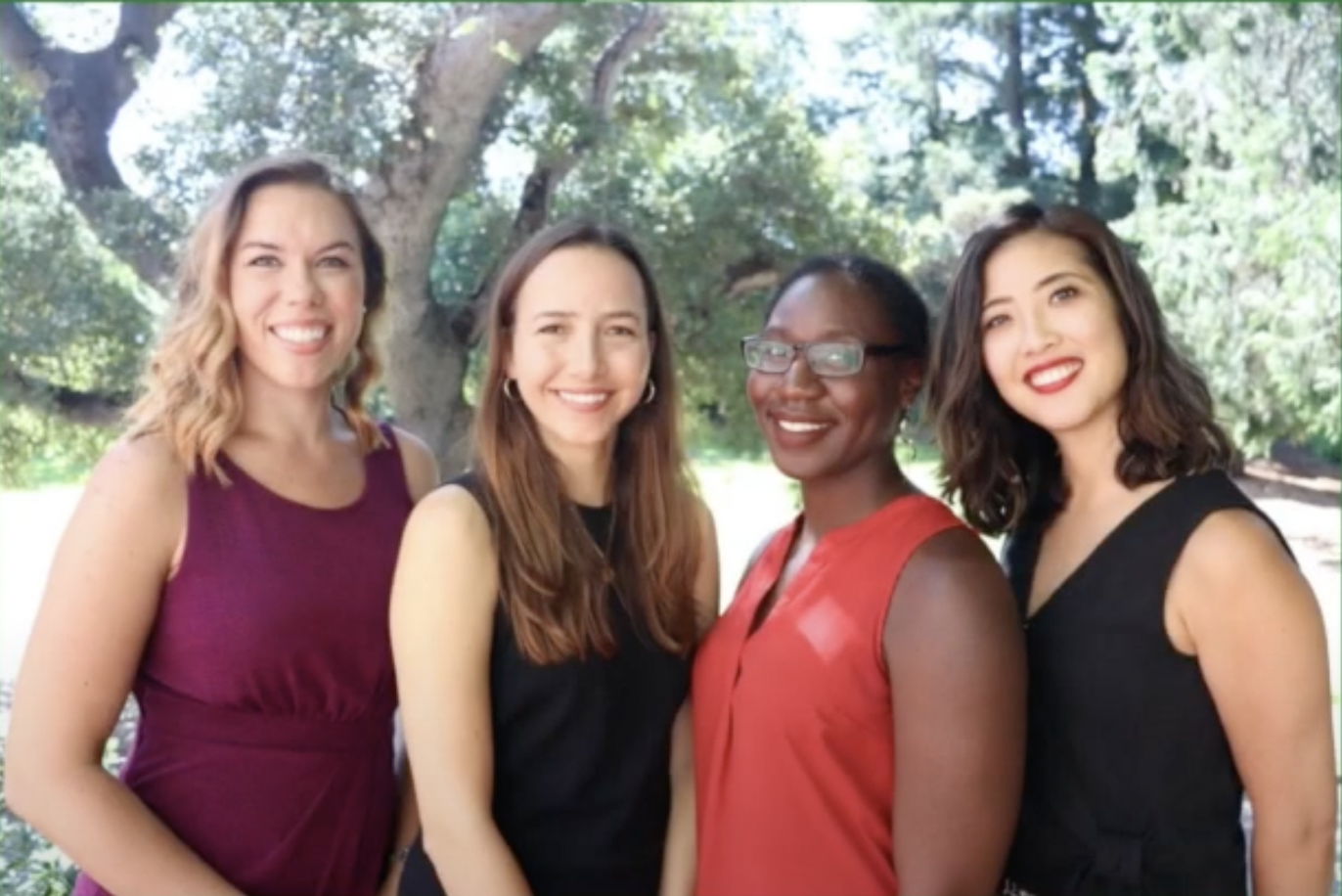For some, the month of February means receiving flowers, writing love letters and eating candy hearts. But for Stanford’s Sexual Harassment/Assault Response and Education (SHARE) office, the month of February consists of designing educational social media campaigns and publicizing collaborative newsletters as part of its annual Healthy Relationships Month project.
The Healthy Relationships Month initiative aims to provide the Stanford community with “the chance to focus on how we can develop caring relationships, whether it’s with romantic/sexual partners, friends, family members, communities or ourselves,” according to Nadia Kalley, an education and outreach specialist at SHARE.
Overlapping with Valentine’s Day and the accompanying expectation of picture-perfect love stories, the month-long project serves as an important reminder for students to prioritize the development of strong, fulfilling relationships in all aspects of their lives and to remain cognizant of their personal well-being.
SHARE student staff member Isabella de Vlieger ’23 emphasized the importance of honesty, communication and effective boundaries within healthy relationships — values that the office outlines in its online newsletters released throughout the month.
“No relationship is perfect, but a healthy relationship involves discussing conflict with respect and open-mindedness,” de Vlieger wrote in a comment to The Daily.
The office also reminds students that there is no “one size fits all” approach to a fulfilling relationship.
Lizzie Dowdle ’22, a member of the SHARE student staff, added that “you might find that your needs in one relationship are different than your needs in another,” and that effective conversations can be key to determining the best role for each partner involved.
SHARE’s work during Healthy Relationships Month also encourages students to examine their relationship with themselves. In a newsletter collaboration with Students Against Eating Disorders (SAED), SHARE representatives offer advice on establishing a positive body image and a stable relationship with food.
The collaboration also aims to share information on how eating disorders and unhealthy relationships can go hand in hand, according to de Vlieger, who wrote that “food and body image are often weaponized by abusive partners” in an attempt to gain control over another individual. Being aware of these warning signs can ensure that relationships are fulfilling and beneficial.
Jennifer John ’23, president of SAED, agreed that establishing a healthy relationship with oneself has positive effects that go beyond the individual, such as improving the formation of relationships with others.
SHARE also released a newsletter focusing on healthy relationships in the disability community. The newsletter outlines the warning signs of harmful disability-based stereotypes and highlights resources such as the newly-opened campus Disability Community Space.
Whether in the context of individuals, partnerships or greater interpersonal connections, SHARE’s Healthy Relationships Month initiative prioritizes students’ emotional well-being and capacity for establishing effective, mutually fulfilling communication strategies. The office consistently emphasizes the value of building “communities that are empowered with caring, meaningful and respectful relationships,” Kalley said.
